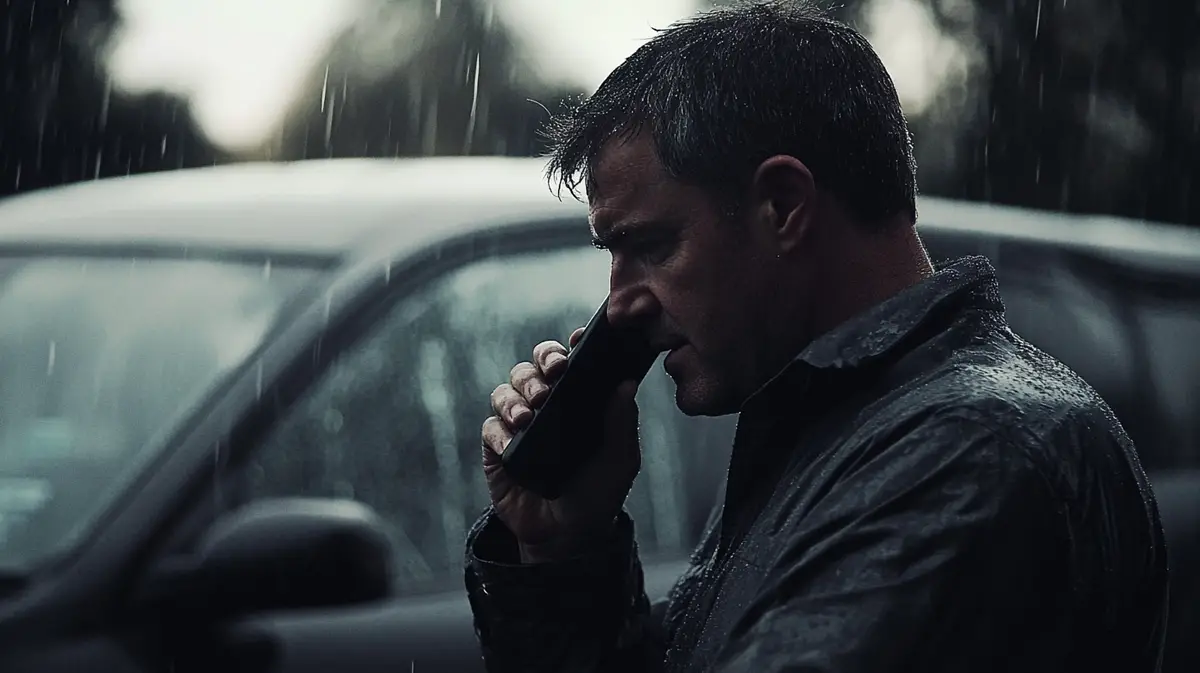Debunking The Legal Myths Surrounding UK Road Traffic Accidents

What happens when you’re involved in an accident on UK roads? You’ll find lots of guides explaining the necessary steps, though many of these include information about what is or isn’t against the law in this situation. Frustratingly, most of these legal claims are incorrect, which further confuses you!
In this blog, we’ll run through some of the legal myths surrounding UK road traffic accidents to check if they’re true or false. It will help you understand your legal obligations following an accident while also demonstrating things you don’t necessarily need to do.
You always need to stop after a car accident – False!
There’s a frequent misconception that you’re not legally required to stop your car after any auto accident, regardless of who’s involved. This would mean that you’d need to pull over and stop if your car is the only thing involved in an incident – but that’s not technically true.
Legally speaking, you only need to stop after a car accident if another vehicle is involved or:
● Someone other than you is injured
● You damaged any property
● You injured an animal that’s not in your vehicle
● You damaged any item on the street
Based on that information, you can carry on after crashing into something as long as nobody else is involved and nothing (other than your shiny new car) is damaged.
There’s also a slight complication surrounding the animal rule. As explained on met.police.uk, the legal classification of an “animal” in this case is a horse, cattle, ass, mule, pig, sheep, goat or dog. In other words, you can hit a cat, fox, deer or any other animal not on this list and avoid stopping your car. If you think that’s a weird rule, then that’s because it is. We can’t find any reason to stop for some animals but not for others. It’s an oddity, but you just have to accept it!
The police must be involved – False!
A lot of guides explaining what to do after a car accident will include a step about informing the police. It’s a huge myth that you’re legally required to report every road accident you’re in, but that’s not strictly true.
The police only require involvement in either of these circumstances:
● You believe the other driver committed an offence
● You can’t exchange details with the other driver or provide insurance certificates
If you’re in an accident, and both parties can exchange details and provide insurance certificates, then there’s normally no need to involve the police. Especially if the incident simply happened by bad luck and there were no offences involved. For example, the driver behind you was a bit late on the brakes and crashed into the back of you. It’s a gigantic pain in the behind (no pun intended), but they’ve not technically committed an offence – if that makes sense!
Here’s another example: the driver crashes into you because they run a red light or don’t stop at a giveway junction. In these situations, they have absolutely committed road traffic violations and should be reported to the police.
You don’t always need to inform your insurance provider – False!
This legal myth is probably the most complex out of all of them. Nobody likes it when insurance providers get involved, yet there’s no way to avoid them after a road traffic accident. As mentioned above, you must provide insurance documentation to another driver if they ask for it. Failure to do so will mean the other driver reports the accident to the police, and you could be guilty of an offence.
However, what if your car accident doesn’t result in any injuries or damages to either vehicle? Many people believe they can get away without informing their insurance provider, but this technically goes against the terms of your insurance agreement. You’ve signed a legally binding contract that states you will inform the insurance provider of any accidents in your car.
While you’re not strictly breaking the UK laws surrounding road traffic accidents, you are breaking a legally binding contract. Therefore, your car insurance provider has reason to take legal action against you – which could result in some serious consequences. It’s best to avoid this at all costs and to inform them of anything bad that happens while driving your car.
You must make a compensation claim through your insurance – False!
The reason people don’t report accidents to insurance providers is that they think this means they have to file a claim through them.
This isn’t the case!
While insurance companies legally require you to report accidents, there is no legal obligation to file a claim. To be honest, they’d rather you don’t! Insurance providers are far from your friends and will normally do whatever they can to avoid paying out when you make a claim. Why? Because it means they lose money. They’re happy to take money from you for protection, but they’ll try to avoid providing that protection.
It’s a messed up system, but the summary is that you don’t need to make a compensation claim through them. If you get injured during the accident, you’ll get more money claiming through a personal injury lawyer. As detailed on injuryclaims.co.uk, most lawyers operate on a “no win, no fee” basis anyway. In other words, you only pay for their services after receiving a payout, so it ends up paying for itself.
There’s a time limit on how long you must wait if you crash into a parked vehicle – False!
If we go back to the first point, you’ll remember it’s not a legal obligation to stop after every car accident. It depends on who’s involved, so let’s imagine you crash into an unoccupied car. The most common instance would be accidentally bumping into a parked car. Statistics suggest that 1 in 5 car accidents happen in car parks, which means there’s every chance you’ll be involved in one at some point.
There could be an instance when you’re the guilty party. Look, it happens! Maybe your view in the mirrors was obscured, and you clipped a car’s front bumper. Or, perhaps you opened your door and caused damage to the car next to you (yes, that counts as a car accident). In any instance, you’ve damaged another vehicle, but the driver isn’t there.
One big myth is that there’s a legal time limit on how long you must wait after damaging another vehicle. Some believe you can wait 10 minutes and leave, while others suggest it’s a minimum of 30 minutes. Both claims suggest that you can go after this amount of time and avoid any legal obligations. You’ve technically done the right thing – it’s not your fault the other driver didn’t return.
Needless to say, this is a huge myth. The law states you must provide your details and insurance information if you damage someone’s vehicle. This means you must do either of the following:
● Wait for the driver to return and exchange details with them, or;
● Write your contact details down on a piece of paper, leaving it under their windscreen wiper
Fail to provide information to the other driver and you could face charges from the police. Remember, car parks have cameras around them – not to mention other people may see the incident and note down your number plate. Don’t assume you can hang around and leave if the other driver hasn’t returned within a time limit; you must provide your information one way or another.
And on that bombshell, you’ve reached the end of this guide. We hope it gives more clarity on car accidents and the legal requirements for motorists.










